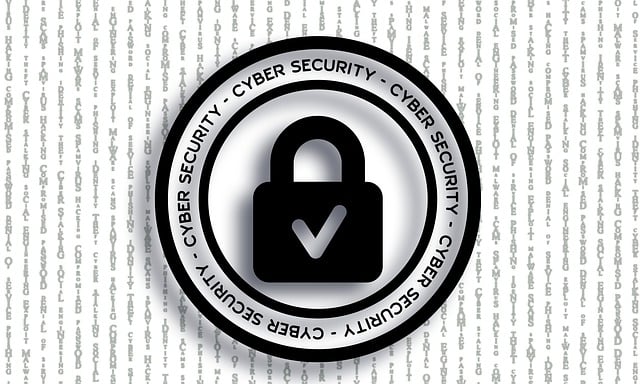Students searching for affordable housing near campus face a heightened risk of falling victim to rental scams. To avoid these pitfalls, students should cross-reference listings, directly contact property owners, be wary of too-good-to-be-true deals, and thoroughly read lease agreements. By following these student rental tips, they can protect themselves from rental fraud and ensure a safe college renting experience. Recognizing and reporting scams is crucial; verify landlords through official channels, read lease agreements carefully, and share knowledge to create a safer environment for fellow students.
Navigating the student housing market can be challenging, especially with the prevalence of rental scams targeting naive students. This comprehensive guide equips you with the knowledge to identify and avoid common rental frauds. We’ll walk you through understanding the tricks used by scammers, highlighting red flags to watch out for when renting. Learn essential tips to protect yourself and access valuable resources to report any suspected student housing scams, ensuring a safe and secure college living experience.
- Understanding Common Rental Scams Targeting Students
- Red Flags: What to Look Out For When Renting
- Protecting Yourself: Essential Tips for Safe College Renting
- Resources and Reporting: Fighting Student Housing Fraud
Understanding Common Rental Scams Targeting Students

Students looking for affordable housing near campus often become vulnerable targets for rental scams. Scammers target this demographic because they’re typically less experienced in renting and may lack the knowledge to recognize fraudulent practices. Common rental scams involve exaggerated claims about available properties, fake listings, and pressure tactics to rush into signing leases. Scammers might promise luxurious apartments at unbelievably low prices or offer furnished rooms with no upfront costs, only to disappear after receiving rent deposits.
To stay safe, students should follow certain tips when searching for college rentals. Cross-referencing listings across multiple platforms can help verify their authenticity. Directly contacting property owners through official channels instead of relying on suspicious sources is crucial. Students should also be wary of deals that seem too good to be true and always read the entire lease agreement before signing, ensuring all terms are clear and mutually agreed upon.
Red Flags: What to Look Out For When Renting

When searching for student housing, it’s crucial to stay alert for red flags that could indicate rental scams. Be wary of listings with unusually low prices or those promising “unbelievable deals.” Scammers often attract students with seemingly too-good-to-be-true offers, hoping to profit from their lack of experience. Additionally, be suspicious of landlords who require immediate payment without a thorough understanding of the lease terms and conditions. Legitimate landlords typically provide detailed information about the rental process, expectations, and any upfront costs involved.
Another common scam tactic involves false advertisements or listings that don’t match the actual property. Make sure to visit the potential rental in person before signing any agreements. If a listing seems too perfect online—gorgeous photos, no negative reviews—it might be fabricated. Check reviews from previous tenants on independent platforms to get an honest assessment of the living conditions and landlord interaction. Following these student rental tips can help ensure a safe college renting experience.
Protecting Yourself: Essential Tips for Safe College Renting

Protecting yourself from rental scams is crucial when navigating the college housing market. As a student, it’s essential to be aware of potential fraud and take proactive steps to ensure safe college renting. One of the best ways to shield yourself is by thoroughly researching and verifying landlords and properties before signing any agreements. Be wary of unusually low rent offers or deals that seem too good to be true; these might be red flags for rental scams.
When searching for student housing, cross-reference listings across multiple platforms and compare prices. Verify contact information and communication channels, ensuring direct interactions with the landlord or property manager. Ask for references from previous tenants and reach out to them if possible. Recognizing common scams like fake listings, pressure tactics, or requests for upfront payments without a solid contract is key to avoiding rental fraud. Always prioritize transparency and authenticity during the college renting process.
Resources and Reporting: Fighting Student Housing Fraud

Recognizing and reporting scams is a vital step in fighting student housing fraud. Many students fall victim to rental scams college properties, so it’s essential to be vigilant. Be wary of unexpected emails or calls offering seemingly too-good-to-be-true deals on off-campus housing. Verify the landlord’s information through official channels and check online reviews from previous tenants. Always read the lease agreement carefully, ensuring you understand the terms and conditions before signing.
If you suspect a student rental scam, there are resources available to help. Contact your local consumer protection agency or report it to the appropriate authorities. Many colleges also have office dedicated to helping students avoid these traps. Sharing your experiences and knowledge about recognizing scams can foster a safer environment for fellow students looking for housing. Safe college renting involves staying informed and using these reporting mechanisms to hold fraudulent actors accountable.














